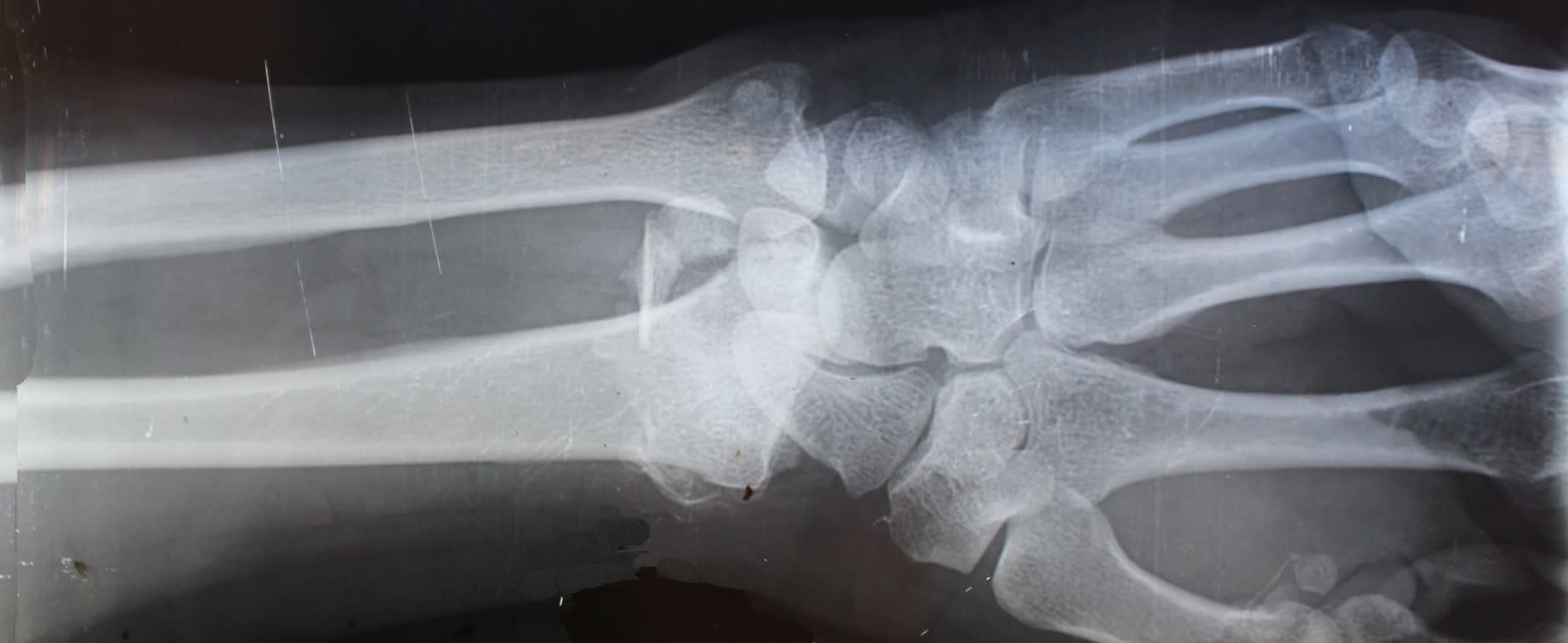Table of Contents
I. How to Keep Your Independence
II. Seizure Medications and Side Effects
a. When to See Your Doctor Immediately
b. Rage and Altered Personality
d. Car Accidents and Drowsiness
e. Heightened Risk of Drowning
III. Depression and Suicidal Thoughts
IV. Managing Complications with the Right Precautions
How to Keep Your Independence
Epilepsy can complicate many aspects of life. Stress, poor diet, flashing lights, or lack of sleep are just a few possible factors that can trigger a seizure. Many times, it comes down to a combination of catalysts. The difficulty in predicting when a seizure will occur means that you could be participating in everyday activities when a seizure happens. Doing things like taking a bath or crossing the street alone can become dangerous.
The loss of independence can be hard to accept, but medications like Lamictal (lamotrigine), Dilantin, and Topamax (topiramate) are available to help maintain a certain level of self-sufficiency. Living with epilepsy can be a challenge, but knowing what to expect will give you a chance at success. Read on to learn more about the complications of seizures and epilepsy. [1]
Seizure Medications and Side Effects
It is important to talk to your doctor to find the most suitable medication. Anti-epileptic drugs (AED) may react differently, depending on the individual. Common side effects usually go away within the first few weeks. Still, knowing what unpredictable side effects may occur can help you make more informed decisions about your health. [2]
Common side effects that may be tolerable include tiredness, stomach discomfort, blurred vision, or dizziness. If the medication is started at a low dose, some of these side effects may not present themselves. However, certain side effects should prompt you to contact your doctor immediately. These include: Blisters: ulcers, blisters, or sores on your skin or in your mouth are unusual and should be addressed. Bleeding: any excessive bleeding is a clear sign that the medication does not suit you, and you should notify your doctor immediately. Stomach pain: tenderness in the stomach area that surpasses slight discomfort should be checked out by your doctor. Fever or Unusual Infections: Although often overlooked, talk to your doctor if you are experiencing a fever due to your anti-epileptic medication. [2] Some AEDs are known for altering personality to the point of causing rage. For example, Keppra (levetiracetam) is an AED and an anticonvulsant that commonly leads to hostility. [3] People who have experienced the effects of Keppra rage cite extreme irritation and sudden periods of violent and erratic behavior. Some describe Keppra rage as feeling possessed. Side effects like this can hurt not only yourself but the people around you. Keppra is also available in a solution or extended-release form. [4] Some medications may not be suitable for use during pregnancy because they put both the expecting mother and the fetus at risk. For instance, Keppra is excreted in breast milk and may have adverse side effects on a developing baby. It is recommended that you consult your doctor if you are nursing while taking anti-epileptic medication. [3] Taking AEDs during pregnancy also exposes the baby to congenital disabilities. Valproic acid and valproate may impact a baby’s development. Some common malformations are: During a seizure, you may lose consciousness. If this happens while you are driving, you pose a significant danger to both yourself, the drivers, and the pedestrians around you. While on medication, some symptoms may include extreme drowsiness or weakness. It is recommended that you plan your journey to avoid extensive drives where you might fall asleep at the wheel. If you are a driver who has epilepsy, you may receive restrictions that mandate you to be seizure-free for a designated amount of time before you can drive. [6] Seizures can happen without warning, so it is recommended that people with epilepsy avoid activities such as swimming. Losing consciousness and bodily control while submerged in water increases your likelihood of drowning by up to 15 to 19 times. [6] Although riskier, people who have epilepsy should not be entirely discouraged from water sports. It is recommended that you do not swim in deep or murky water. With the right supervision, you may still be able to enjoy a refreshing splash on a hot summer day. [7] Anti-epileptic drugs (AEDs) may increase the risk of depression, suicidal thoughts, and other unusual mood changes. You should call your doctor if you notice that you are anxious, sleepless, agitated, or hyperactive when starting a medication. If you have thoughts about suicide, please seek help from someone close to you and talk to your doctor to find a solution that does not cause a tremendous mental burden. [3] Medications like Lamictal (lamotrigine), Dilantin, and Topamax (topiramate) make it easier to manage the complications that come with having epilepsy. Reducing the chances of seizures is a step in the right direction to avoid life-threatening situations like falling asleep while driving or losing control of your body while swimming. Epilepsy poses a serious barrier to a person living their life to the full. However, the right team, treatment plan, and precautions can make overcoming this barrier possible. The content in this article is intended for informational purposes only. This website does not provide medical advice. In all circumstances, you should always seek the advice of your physician and/or other qualified health professionals(s) for drug, medical condition, or treatment advice. The content provided on this website is not a substitute for professional medical advice, diagnosis, or treatment.
a. When to See Your Doctor Immediately
b. Rage and Altered Personality
c. Pregnancy

d. Car Accidents and Drowsiness
e. Heightened Risk of Drowning

Depression and Suicidal Thoughts
Managing Complications with the Right Precautions
